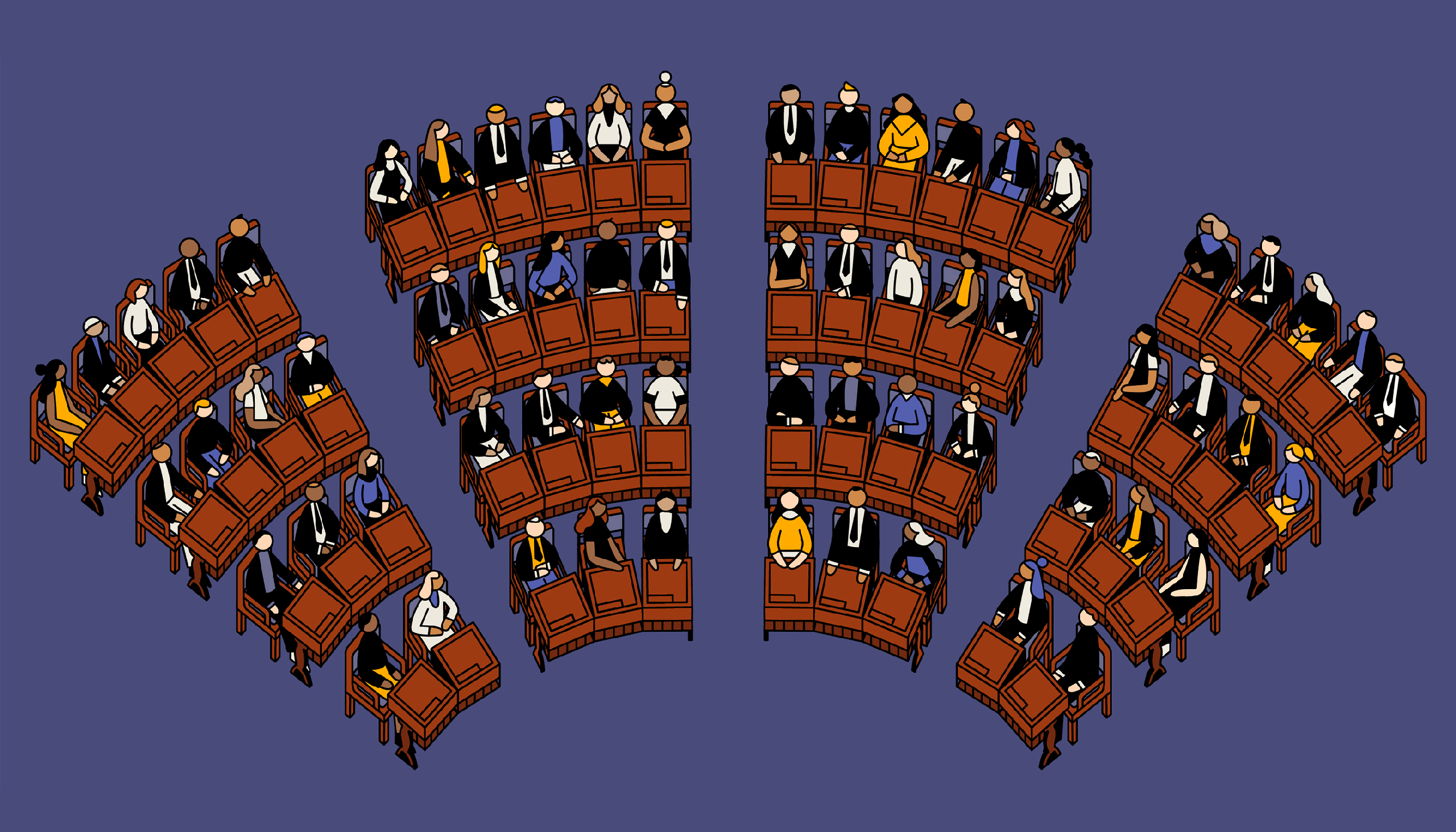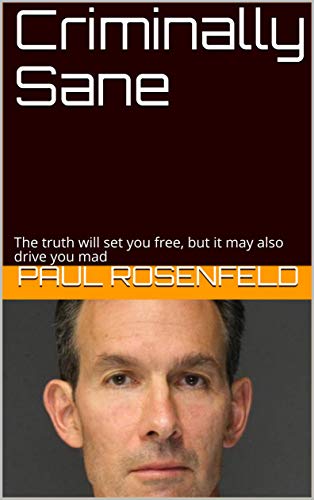
Claire Mellier-Wilson, “Systems Change and Participation Practitioner”, has a lengthy and informative article about the French Citizen Climate Convention, with details about its origins, its organization, proceedings and schedule and the people and bodies involved.
One rather interesting detail is as follows:
Themes and group work
Alongside plenary discussions where all 150 citizens stay together, the Convention members are also working in groups.
The 150 citizens have been split into five groups of 30 people covering five themes: ‘Se deplacer’ transport, ‘Se nourir’ food, ‘Consommer’ consumption, ‘Travailler et produire’ work and production, ‘Se loger’ housing. The selection of the citizens in each group was done by lot in order to prevent people from choosing their preferred subjects and this introducing an element of bias into the process.
A cross-cutting group, called ‘escouade’ was created after the second session in November 2019, at the request of the citizens, in order to look at overarching topics relevant to all five themes such as: the financing of measures, communication, engagement, education and training, constitutional reform, energy production and consumption, protection of the natural environment and biodiversity. An overview of the transverse topics can be found in the summary of session 3. However, it emerged that this cross-cutting group, based on the self-selection principle (rather than selection by lot) presented issues of legitimacy and had process implications, as it did run in parallel with the other five groups, and in effect was preventing people from being fully engaged with their original topic. Also, due to the subjects covered in the escouade (i.e. constitutional reform, finances etc.), it created tensions around the perceived more strategic nature of that group. As a result, the Governance Committee decided to suspend the escouade. Going forward, the topics from the escouade will be dealt with via different mechanisms as announced by Thierry Pech, Co-chair of the Convention, at the end of Session 4.
Filed under: Applications, Press, Sortition | Tagged: Convention pour le climat | Leave a comment »






